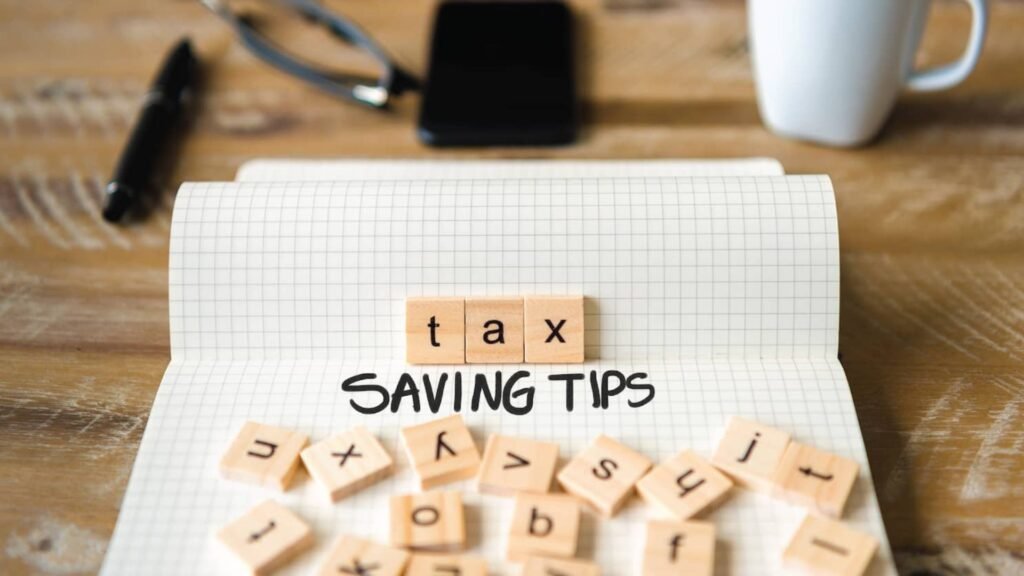Tax-Saving Tips for Individuals and Businesses
Tax season can be a stressful time, but it doesn’t have to be. By understanding some key strategies, you can minimize your tax burden and keep more of your hard-earned money. This article explores tax-saving tips for both individuals and businesses, helping you navigate the tax code and maximize your deductions and credits.

For Individuals:
Maximize Retirement Account Contributions
Contributing to retirement accounts like IRAs (Individual Retirement Accounts) and 401(k)s is a fantastic way to save for the future while reducing your taxable income. The money you contribute lowers your taxable income for the year, and depending on the account type, your contributions may even grow tax-free until withdrawal.
Claim All Deductible Expenses
Many everyday expenses can be deducted from your taxable income, lowering your tax bill. These can include medical expenses exceeding a certain percentage of your income, charitable donations, mortgage interest, and student loan interest. Keep detailed records of your expenses throughout the year to ensure you don’t miss out on any deductions.
Itemize Deductions vs. Standard Deduction
Depending on your specific situation, it may be more advantageous to itemize your deductions rather than taking the standard deduction offered by the IRS. If your total itemized deductions exceed the standard deduction, you’ll save more money on your taxes.
Take Advantage of Tax Credits
Tax credits are dollar-for-dollar reductions in your tax liability. Some common credits include the Earned Income Tax Credit (EITC) for low- and moderate-income earners, the Child Tax Credit, and the Dependent Care Credit. Research available tax credits and ensure you claim any that apply to you.
Consider Tax-Advantaged Accounts
Investing in certain accounts, like Health Savings Accounts (HSAs) and Flexible Spending Accounts (FSAs), allows you to set aside money for specific expenses on a pre-tax basis.
For Businesses:
Deduct Business Expenses
Most ordinary and necessary business expenses can be deducted from your business income. This includes rent, utilities, office supplies, salaries, marketing costs, and travel expenses related to your business. Keeping accurate records of all business expenses is crucial for claiming these deductions.
Depreciate Business Assets
The cost of certain business assets, like equipment and machinery, can be spread out over several years through depreciation. This allows you to deduct a portion of the asset’s cost each year, lowering your taxable income.
Choose the Right Business Structure
The legal structure of your business (sole proprietorship, partnership, corporation) impacts how you file your taxes. Consult with a tax professional to determine the most tax-efficient structure for your specific business.
Maximize Employee Benefits
Offering certain benefits to your employees, like health insurance and retirement plans, can be tax-deductible for your business. These benefits can also attract and retain talented employees.
Stay Up-to-Date on Tax Laws
Final Thoughts
Remember, these are just some general tax-saving tips. It’s always best to consult with a qualified tax professional who can analyze your specific financial situation and advise you on the best strategies to minimize your tax burden. They can also help you navigate the complexities of tax filing and ensure you’re claiming all the deductions and credits you’re entitled to.
By following these tips and seeking professional guidance, you can approach tax season with more confidence, knowing you’ve taken proactive steps to save money and keep more of your hard-earned income.



